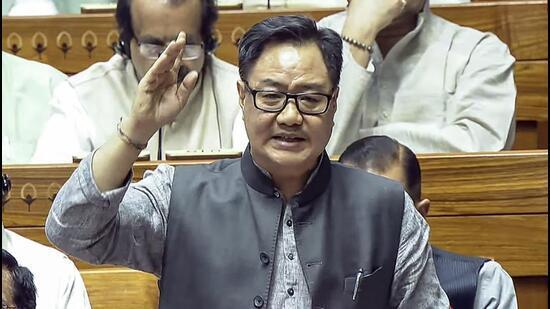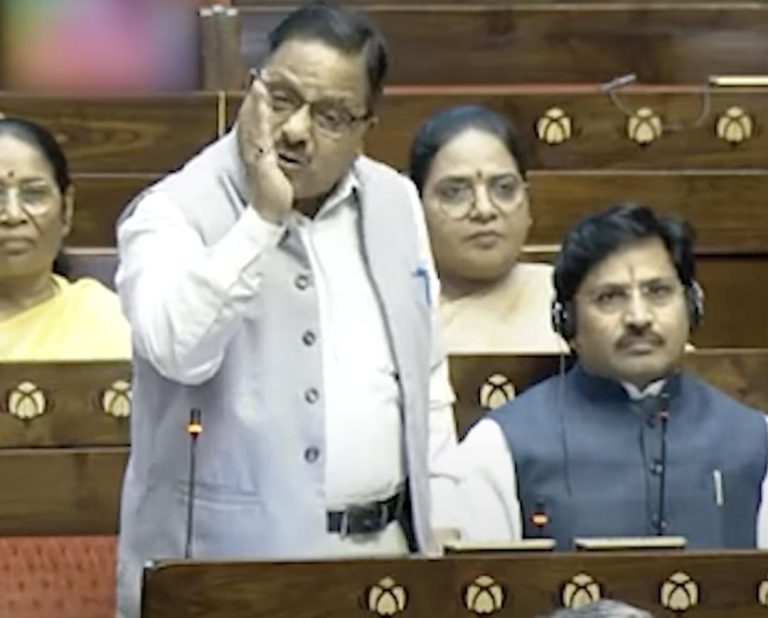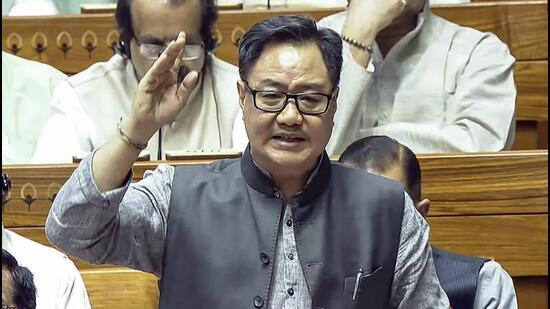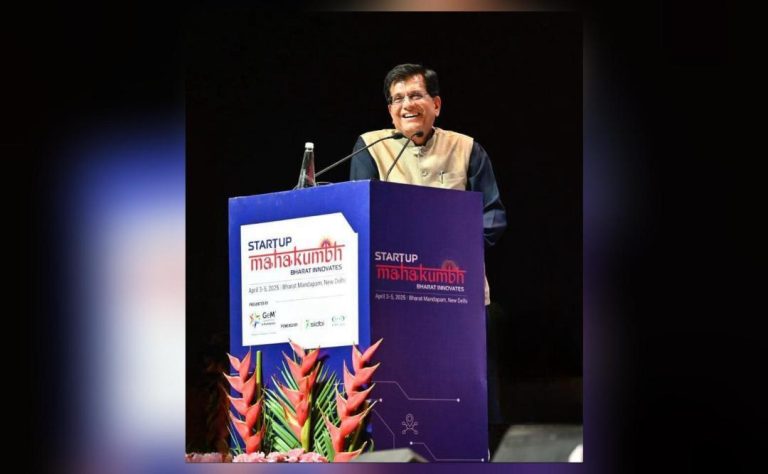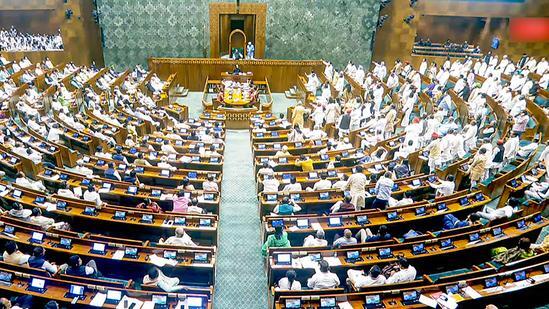
Record 202 Members Speak During Zero Hour in Lok Sabha
In a rare display of parliamentary fervor, a record 202 members of Parliament (MPs) spoke during the Zero Hour in the Lok Sabha on Thursday, lasting for over five hours. The extended session was a result of the initiative of Lok Sabha Speaker Om Birla, who allowed the MPs to discuss various issues of public importance. This remarkable feat surpasses the previous record of 161 MPs who spoke during the extended Zero Hour on July 18, 2019.
The Zero Hour, a designated period in the Lok Sabha when members can raise urgent matters without any notice, is usually a brief affair lasting around 30 minutes. However, on Thursday, the Speaker’s decision to extend the session allowed MPs to engage in a free-wheeling discussion on a wide range of topics, from pressing national issues to party-specific concerns.
The extended Zero Hour witnessed a plethora of speakers from various political parties, including the ruling Bharatiya Janata Party (BJP), the Opposition parties, and Independents. MPs from different regions and constituencies took the floor to raise concerns about issues affecting their constituents, such as infrastructure development, healthcare, education, and employment opportunities.
The enthusiastic participation of MPs during the Zero Hour was a testament to the importance of parliamentary debates in shaping the country’s policy direction. By allowing the MPs to engage in a free and frank discussion, the Speaker ensured that the voices of the people were heard in the corridors of power.
One of the key issues that was discussed during the extended Zero Hour was the ongoing economic crisis facing the country. Several MPs expressed their concerns about the rising inflation, unemployment rates, and the impact of the COVID-19 pandemic on the economy. They demanded immediate measures to address these issues and revive economic growth.
Another issue that drew widespread attention was the recent farmer protests across the country. Several MPs from the rural constituencies spoke about the struggles faced by the farmers and demanded better prices for their produce. They also called for the government to take concrete steps to address the financial woes of the farmers.
The Zero Hour also saw a heated debate on the issues of nationalism and secularism. Several MPs from the Opposition parties, including the Congress and the Left Front, criticized the government’s policies on these issues, accusing it of promoting a particular ideology and undermining the country’s secular fabric.
On the other hand, many BJP MPs defended the government’s stance, arguing that its policies were aimed at promoting national unity and ensuring the safety and security of the citizens. They also criticized the Opposition parties for their “divisive” politics and accused them of trying to create unrest in the country.
The extended Zero Hour was not without its share of controversy, however. Several MPs from the Opposition parties accused the government of trying to stifle their voices by not allowing them to speak for extended periods. They also alleged that the Speaker was biased in favor of the ruling party and was not providing a level playing field for all MPs.
Despite these controversies, the record number of MPs who spoke during the Zero Hour was a welcome development. It demonstrated the importance of parliamentary debates in a democracy and the need for MPs to engage with each other on issues of public importance.
In conclusion, the record 202 MPs who spoke during the Zero Hour in the Lok Sabha on Thursday have set a new benchmark for parliamentary debates in the country. The extended session was a testament to the power of parliamentary debates in shaping the country’s policy direction and ensuring that the voices of the people are heard in the corridors of power.
